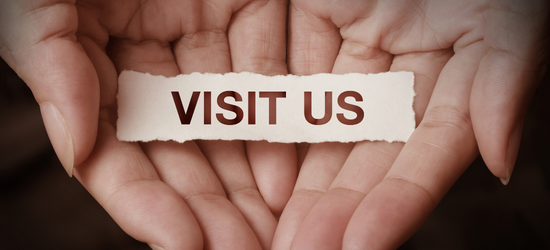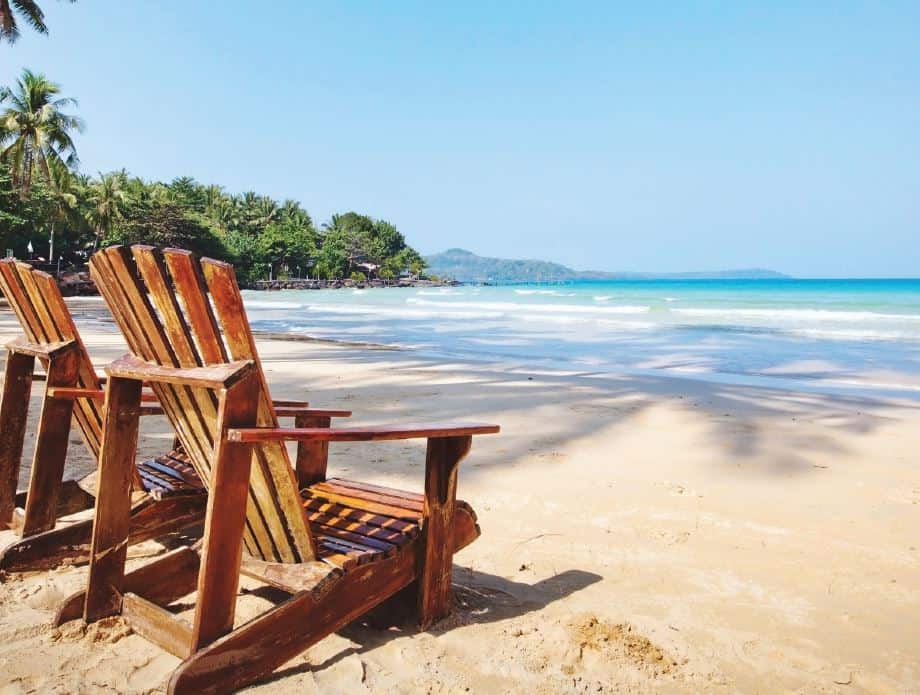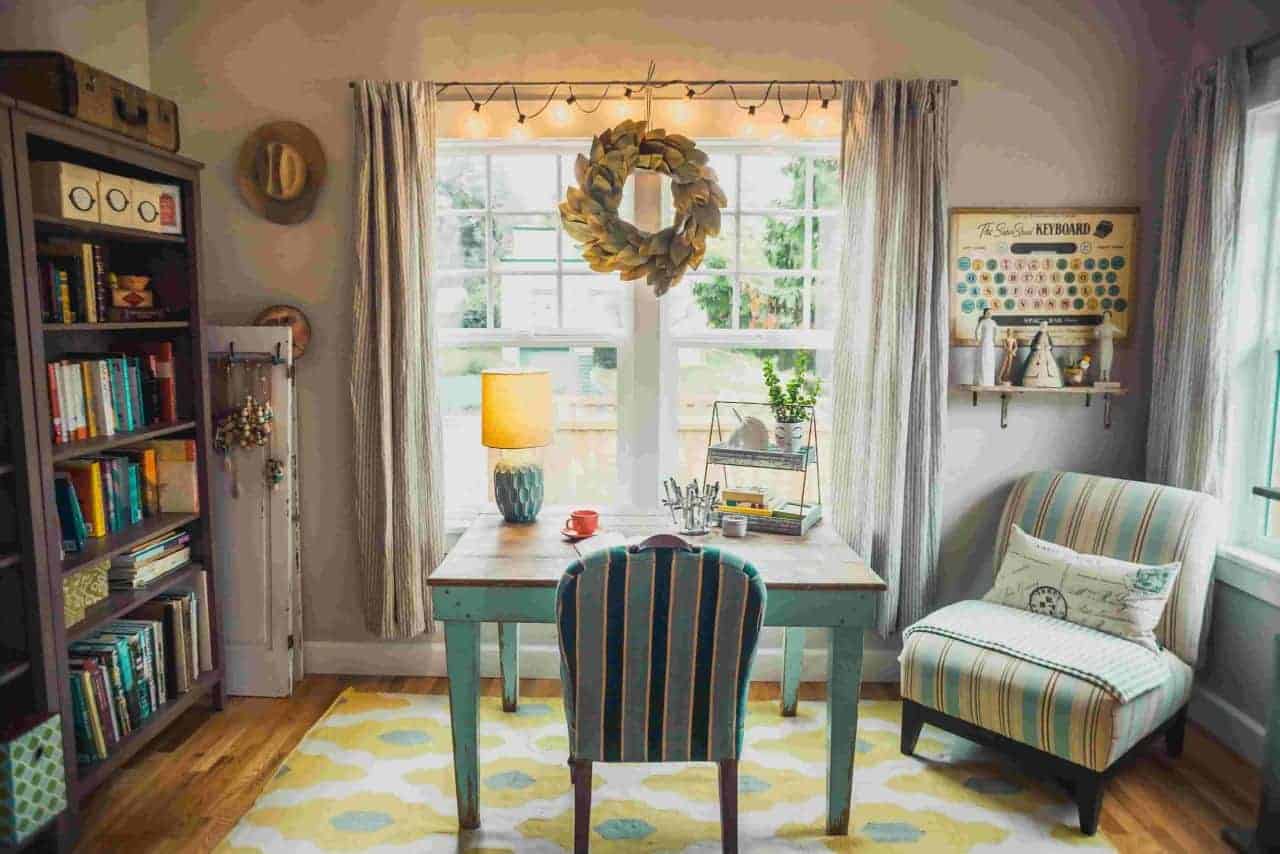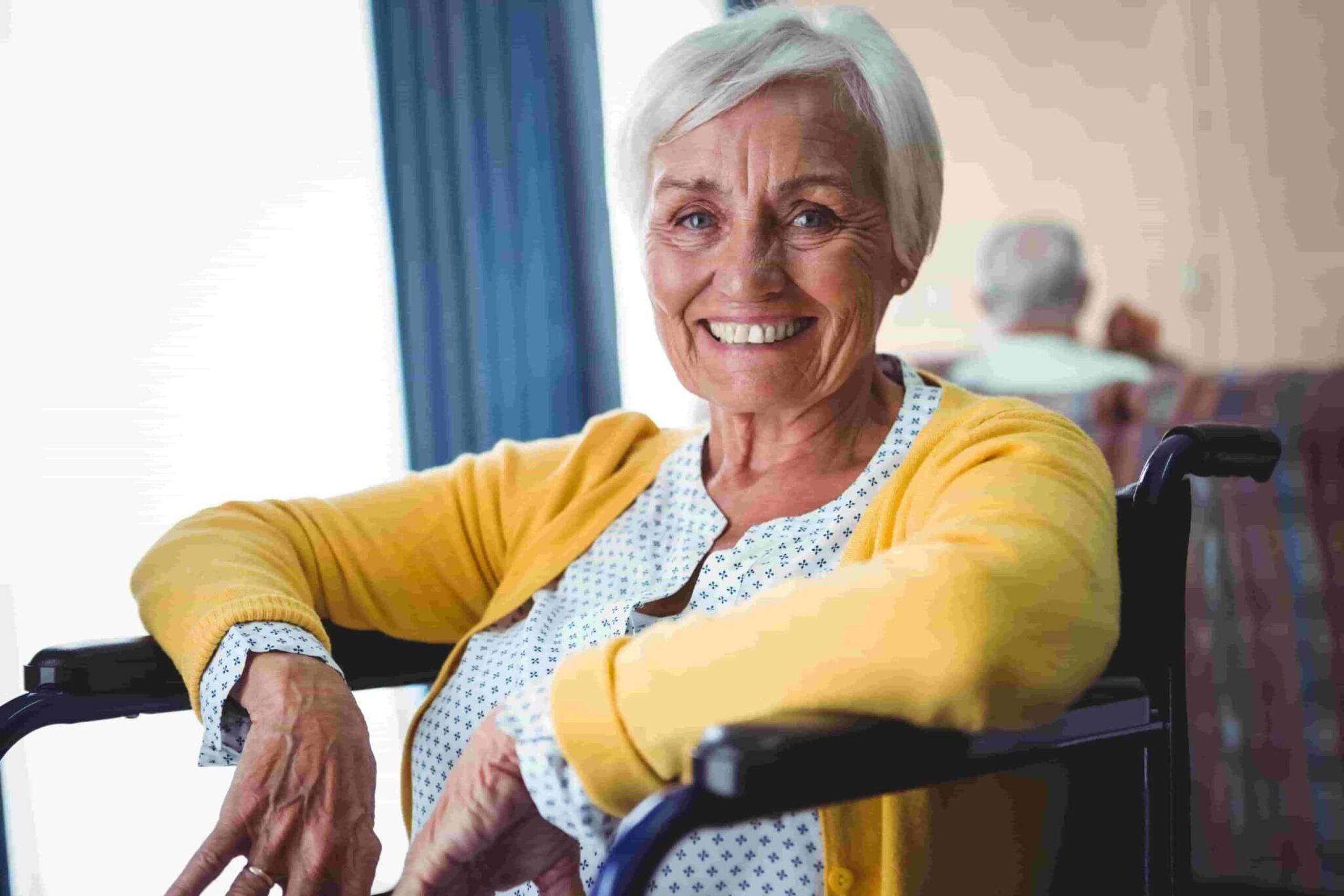What Is Post-Stroke Rehabilitation and How Does It Help?
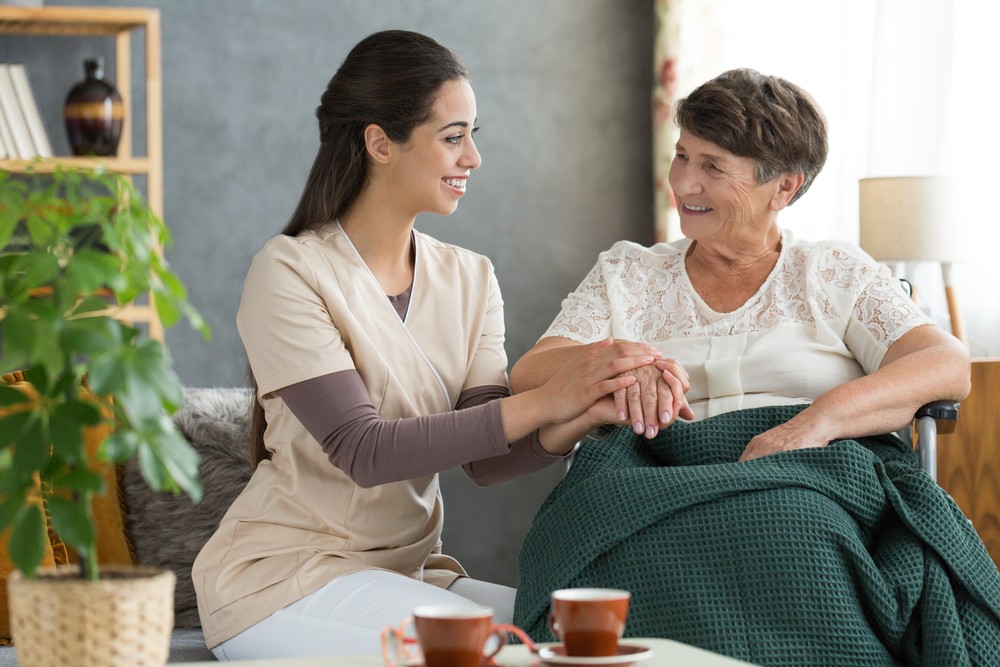
After a stroke, the path to recovery can feel grueling as stroke survivors strive to regain function, relearn skills and recover to their fullest potential. Post-stroke rehabilitation provides the expert support survivors need to maintain their motivation and reach their recovery goals. Here’s how it helps:
Know What to Expect
A post-stroke rehabilitation program is based on individual needs, which will be shaped by the severity of their stroke and the extent of the patient’s disability. Generally the disabilities that follow a stroke fall into five categories:
- Paralysis or problems with motor control, such as difficulty swallowing, loss of voluntary movement on one side of the body or problems with posture, walking and balance.
- Sensory disturbances, including pain, numbness, or tingling in affected limbs.
- Aphasia, which is difficulty with language and communication.
- Cognitive issues, which can affect the ability to remember, learn and plan.
- Emotional disturbances, including fear, anxiety, frustration, depression, anger and grief.
Typically, rehabilitation begins in the hospital as soon as a patient is stable. Once they’ve recovered enough to be discharged from the hospital, a stroke survivor may return home, often requiring significant support from family members, who may need to help with daily self-care, meal preparation and transportation to rehab appointments. Alternatively, patients may be discharged to a post-stroke rehabilitation center, where a team of professionals helps manage their rehab program, assist with daily needs, and provide the instruction and support patients need to regain lost skills or learn new ways of performing tasks.
A Multidisciplinary Rehabilitation Team
For many stroke survivors, rehabilitation is an ongoing process that may require working with professionals for weeks or months to recover skills and regain independence. A post-stroke rehabilitation team consists of a variety of professionals who work together to plan and implement a customized rehab program. These specialists include:
- Physicians, such as internists, geriatricians and neurologists, help manage and coordinate a survivor’s rehabilitation program. They can also prescribe medications to help with pain or other conditions.
- Rehabilitation nurses help survivors cope with some of the effects of stroke, providing suggestions for handling issues like incontinence and managing medications. They can also educate caregivers and help survivors relearn the skills required to perform routine daily tasks such as dressing and bathing.
- Physical therapists help restore physical function, often through post-stroke rehabilitation exercises that help strengthen muscles, improve coordination and restore range of motion.
- Occupational therapists assist stroke survivors in learning to manage routine tasks like preparing a meal, dressing, writing or driving. They may teach one-handed techniques for dressing or adaptive strategies, such as choosing clothing with hook and loop fasteners instead of buttons. They may also recommend safety strategies, like installing grab bars in the bathroom, to help stroke survivors stay safe once they return home.
- Speech therapists work with patients on language skills and swallowing. They can also help with social skills to compensate for communication challenges.
Post-Stroke Rehabilitation at Parkwood
Parkwood’s multidisciplinary senior rehabilitation team is committed to helping residents recover the strength and skills they need to return home. Here, residents enjoy the comforts of a bright, cheerful semiprivate suite while receiving the support and assistance of our team of rehabilitation therapists, advisory physicians, licensed nurses and medical director. A care plan is developed based on each resident’s personal needs and will be reviewed periodically to ensure they’re meeting their goals and able to get back to their everyday life as quickly as possible. Contact us to learn more about short-term rehabilitation at Parkwood.
You Are Invited to Experience Our Community!
